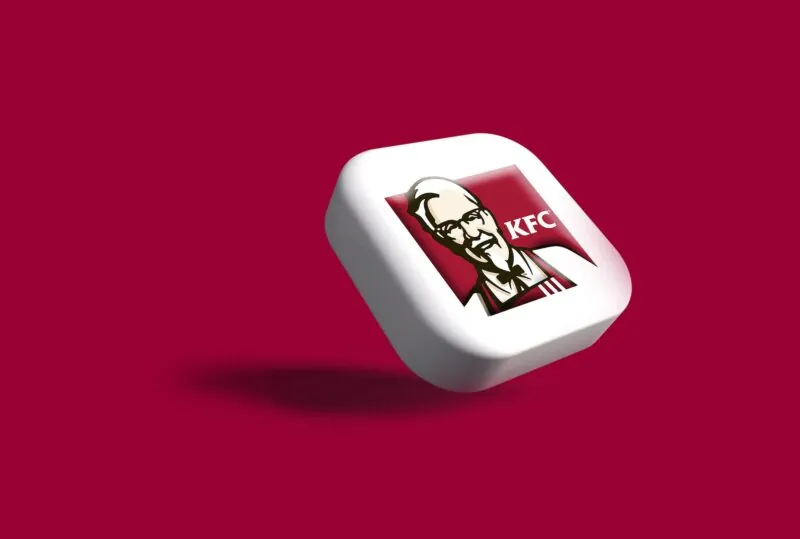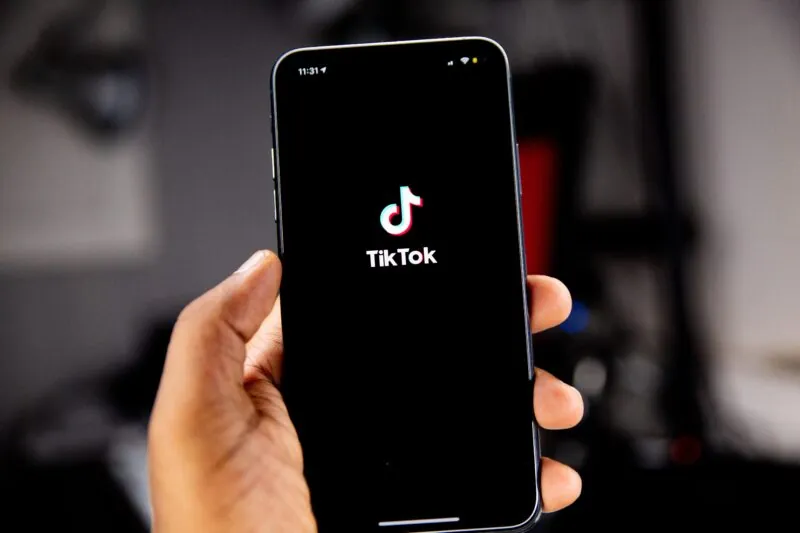The Chinese fast fashion company SHEIN are looking to draw in more investors as part of a plan to launch an initial public offering (IPO) on the US stock market later in 2023.
This process, also known as “going public”, is an important step for companies looking to expand on the global stage as it allows them to raise capital from foreign investors. SHEIN began plans to launch an IPO in 2020, but has been thwarted repeatedly by unstable markets.
Zhang Zouping, a senior analyst at the E-Commerce Research Center, said “SHEIN has been rumoured to go public many times, but regardless of the timing, going public on the capital market is a necessary step in SHEIN’s development. Through stock listing the company can raise more funds, further expand its business and achieve its long-term growth goals.”
This process has recently been made significantly more challenging as the US government now demands thorough auditing of Chinese companies as a prerequisite to listing on the stock market.
The latest private valuation of SHEIN has also plummeted to 64 billion USD, a decline of a third from its last private valuation of 100 billion USD in April 2022. SHEIN declined to comment on the implications of the valuation, stating “As a private company, SHEIN does not issue statements on market speculation”.
In 2022, SHEIN’s profit dropped from 1.1 billion USD to 700 million USD due primarily to increasing production costs. Despite these challenges, the company recently disclosed data to investors showing predictions for the company’s revenue to double to 60 billion USD by 2025, which is greater than the combined annual revenue of its competitors H&M and Zara.
SHEIN has gained a reputation for rapidly churning out new clothing lines based on the latest high street trends, but has been mired in controversy in recent months. The rock band the Rolling Stones recently terminated their contract for a joint fashion line with SHEIN after a Channel 4 documentary revealed its sub-par working conditions in October 2022.
SHEIN’s cotton supply chains have also recently been linked to forced labour in China’s western Xinjiang region, prompting US senators to write to the CEO to demand more information on the alleged infraction. The US’s ban on products made partly or wholly in Xinjiang came into effect in June 2022. If SHEIN does not disprove its connection to the region, its IPO plans are likely to be put on hold once again.









